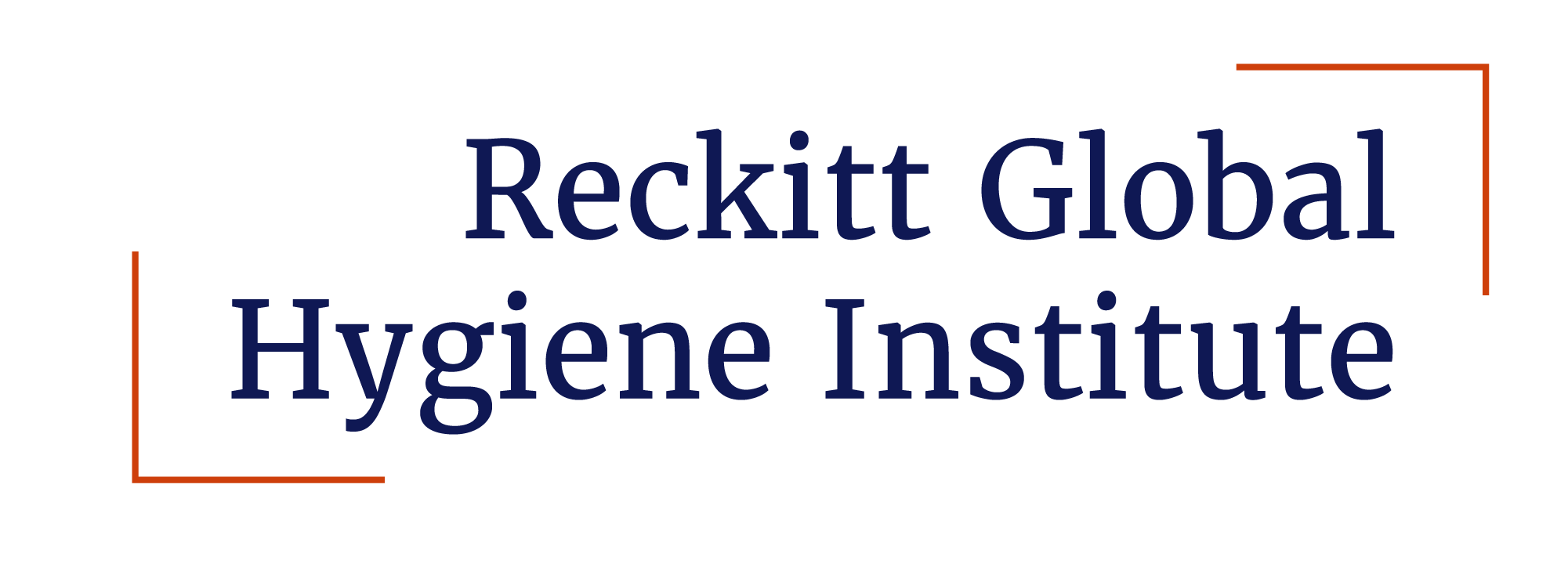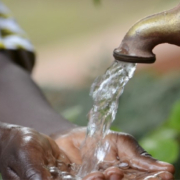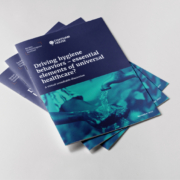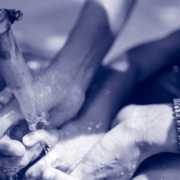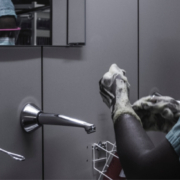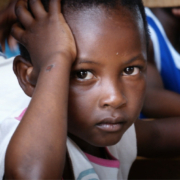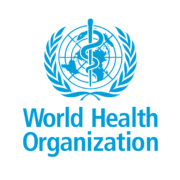New Ebola-like virus brings the value of ‘hygiene’ in terms of prevention back to the fore

The Marburg virus is the latest in a string of deadly diseases that are putting the health of entire populations at risk. While scientists scramble to find efficacious vaccines for a virus that’s part of the Ebola family, experts say hygiene practices remain among the most effective methods of prevention.
“While a vaccine may help in the future, right now people must do their best to protect themselves from contracting Marburg by instilling strict hygiene protocols and practices whilst governments must make sure communities have what they need to do that: the facilities and the education,” said Dave Wheeler, Operations & Strategy Director, Reckitt Global Hygiene Institute.
Marburg, according to the World Health Organization, is a virus that can cause severe viral haemorrhagic fever and has a death rate that can be as high as 90%. Cases so far have been reported in Equatorial Guinea and Tanzania and while numbers are currently low, scientists warn of the virus’ potential to spread. Highly infectious, Marburg is spread via direct contact with the bodily fluids of an infected person but can also be contracted from surfaces and materials that have been contaminated with such fluids.
“In this instance, rigorous hand washing, sanitising, the wearing of personal protective equipment, safe burial practices and social distancing are vital to keeping case numbers down,” said Wheeler. In the early days of a disease outbreak like this and without a sufficient vaccine and treatment yet, instilling robust hand washing practices alongside contact tracing can be lifesaving.”
The WHO has said community engagement will be key to successfully controlling outbreaks. This means ensuring all communities are educated on the link between clean hands, materials, and surfaces and a person’s health and wellbeing.
The WHO is also recommending the use of gloves and masks in caves and mines where fruit-bat colonies reside — Marburg is though to derive from the fruitbat — regular hand washing when taking care of patients and maintaining good hygiene and a clean environment for which to care for those infected.
RGHI advises that this should be the advice for everyone regardless of whether they’re caring for a patient and regardless of whether Marburg is currently a direct threat to their community because such steps can help to stave off other viruses.
The likes of strep A, polio, and COVID-19 can emerge from a lack of hygiene, as can the common cold, flu, and a variety of gastrointestinal illnesses. Earlier this year, RGHI convened a roundtable in partnership with Chatham House which described how changing hygiene behaviours can lead to improved health as well as more robust economies.
“The world continues to push for innovative technology to tackle new and emerging diseases and whilst that should certainly be a priority, we cannot forget that simple hand washing can make all the difference. In certain parts of the world, that message has yet to resonate, which is why governments must do more to ensure comprehensive understanding of hygiene and its role in safeguarding health,” said Dave Wheeler.
Currently, 3 billion people don’t have access to handwashing facilities and 3 in 10 people don’t have what they need to keep their hands clean at home.
The RGHI / Chatham House report blames a lack of action in this area on inadequate research connecting hygiene to policy-influencing outcomes. Without enough evidence, policymakers are often making decisions without the necessary information. Arming them with relevant, timely data that shows the impacts of various hygiene interventions when it comes to key disease areas could make all the difference.
This is why RGHI is focussed on working with world-renowned researchers and institutions located across the globe to explore and investigate key pathways forward for enabling healthy populations.
“If we arm our leaders with research that shows the most effective interventions in combatting Marburg, or the most effective means of behavioural change when it comes to hygienic burial practices, or what young people need to access hygiene products, the better equipped they will be to implement effective measures that protect entire communities and even countries,” concluded Wheeler.
“Marburg is another reminder of how vital knowledge around hygiene interventions is. Let’s make this the last reminder we need.”
